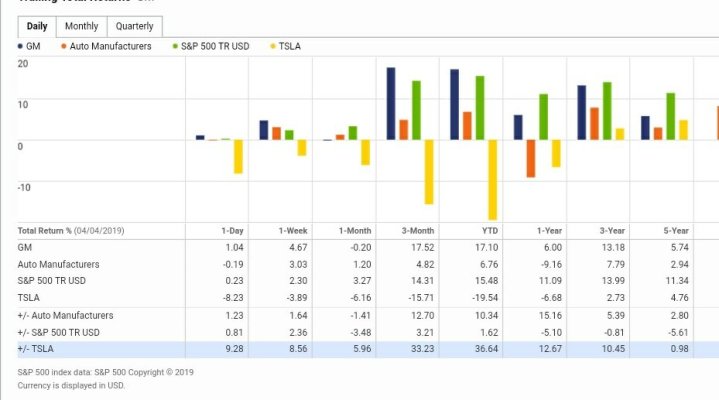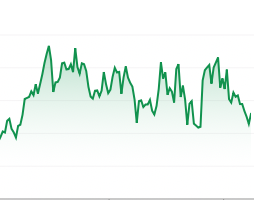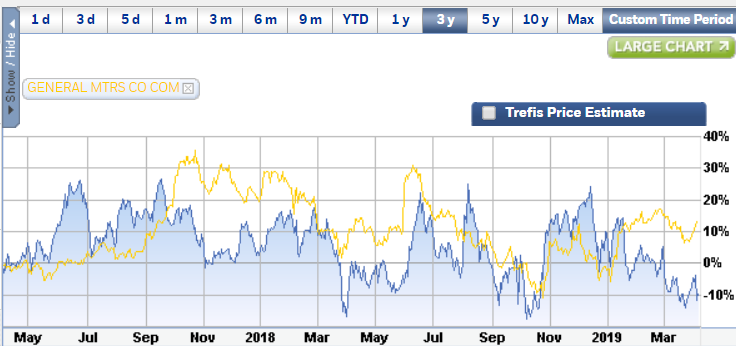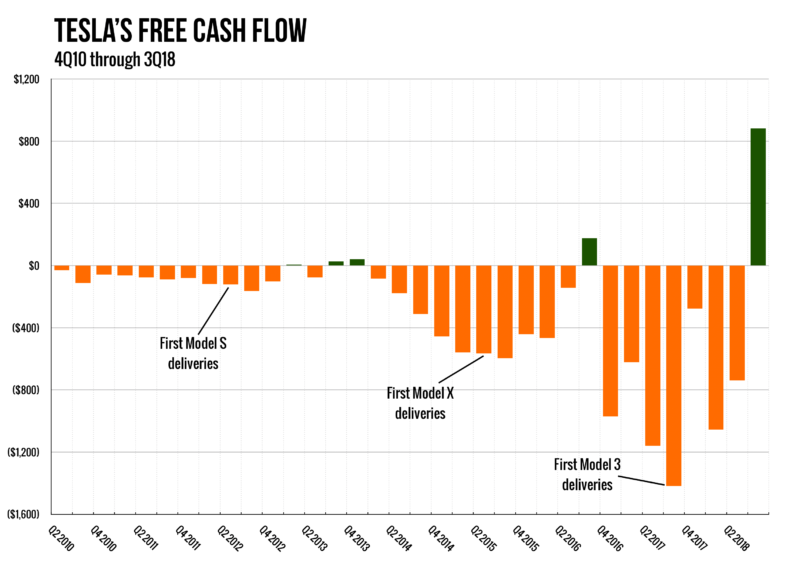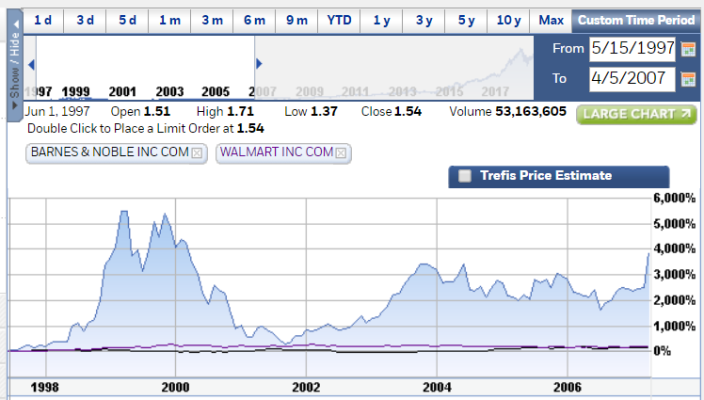So one example of the highest of almost every country?!? That's tricky. Charts I've seen show every country lower than Germany! And you use the value in the whole country of Germany at a single point in time is your proof? Seriously? You are talking about the past and not reading current information.Well, let's look at the whole picture then. US electricity is also "artificially" (?) low. The US average residential rate in 2018 was 13 cents per KWH. Germans paid 33 cents. That's about 2.5 times as much. As their gasoline is "only" 2.3 times the US price (per your chart), any fuel cost advantage a Tesla enjoys in the US is >smaller< in Germany than it is here. Electricity costs in the rest of the EU are about double those in the US, so this will drive up the cost of "filling up" an EV relative to the US.
Every modern country is more progressive to solar and wind than the USA for utilities and for residential installations. These solar prices have changed dramatically in the past few years. Just do a few searches on this. It is crazy how it is changing. Example: https://www.greentechmedia.com/articles/read/major-solar-pv-markets-are-emerging-worldwide
Again electricity is really the only 'fuel' getting cleaner and cheaper every year. Example article just from yesterday:
Idaho sets record low solar price as it starts on shift to 100pct renewables | RenewEconomy
https://reneweconomy.com.au/idaho-s...s-it-starts-on-shift-to-100-renewables-38566/
State utility Idaho Power has agreed to buy 120MW of power from a future solar project in the state’s south at a cost of US 2.175¢/kWh – a potentially record-low cost for solar power in the US
____________ _____________ ___________________ ______________________
Quick search on some countries less than Germany. Some of the countries below have a lot more vehicles than the USA does too.

Last edited:

